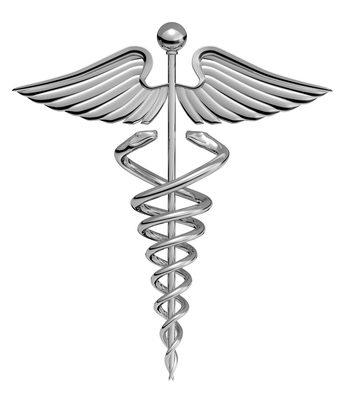 Healthcare informatics is an interdisciplinary study and field where the health sectors meets IT-based innovations and systems. If you have always been interested in working in IT but you would like to enjoy the growth that the healthcare sector has to offer, this field could be the perfect one for you.
Healthcare informatics is an interdisciplinary study and field where the health sectors meets IT-based innovations and systems. If you have always been interested in working in IT but you would like to enjoy the growth that the healthcare sector has to offer, this field could be the perfect one for you.
Professionals in this field are not only in charge of acquiring healthcare information and storing it, they are also in charge of fostering the best possible collaboration between patients and the providers who are treating them. Read on and learn more about titles you can hold in the field and job outlook.
How Does Informatics Differ From Health IT?
Many people assume that health IT and health informatics are one and the same, and while they are related, they are two very different fields.
Health IT is specifically the use of technology within the healthcare arena. Informatics, on the other hand, is the why and how behind the use of Information Technology in the healthcare sector. By using theories and by following industry informatics practices, professionals in this field can learn how to achieve better health and treatment outcomes in a specific community or throughout the entire population. This is why informatics is a growing field where the demand is projected to accelerate.
What Are Titles You Can Hold in Healthcare Informatics?
Now that you know the purpose behind the field, it is important to learn what types of titles you can hold once you have studied for an informatics degree. As electronic healthcare records become a requirement and more focus is placed on digital data, there will become more positions in the field. Here are some informatics titles:
Informatics Specialist
In charge of implementing technology in a healthcare setting. Specialists will train staff on systems, create training materials, and will troubleshoot problems with storage systems or retrieval.
Informatics Nurse
Nurses who specialize in informatics will be in charge of bridging the very wide gap between IT and clinical professionals. The specialist will identify the types of technology that is needed to make the atmosphere more efficient and will train nursing staff on the new implementations.
Clinical Informatics Specialist
Clinical specialists are in charge of turning paper records into digital records. They also oversee the process of digitizing other documents throughout a medical office. While they do not work as a nurse, clinical specialists typically need to have their Registered Nurse license.
Analyst
The analyst is a clinical informatics professional who uses the stored data to see if there are areas in the institution where improvements can be made. They may create new database systems or recommend changes in procedures to improve patient care.
What is the Outlook in Informatics?
As baby boomers age and the demand for healthcare skyrockets, there is an overall rise in the need for almost all healthcare professionals. This is especially true in health informatics, where the need for professionals is projected to grow by 15% within the next 8 years. Since approximately 29,000 jobs in this field will be created, it is fair to say the outlook is more than good.
If you are looking for a profession where you can use your IT strengths and still help with health outcomes, health informatics could be the answer. Consider the various titles that you can hold and what you will do and then you can study to enter the world of healthcare informatics.
Additional reading: Top 10 Online Health Administration Degree Progams – Bachelor’s
